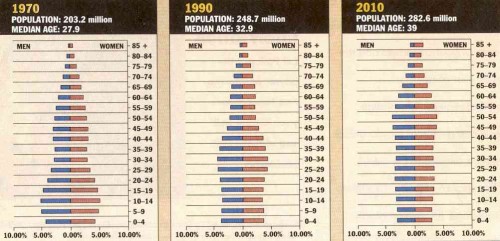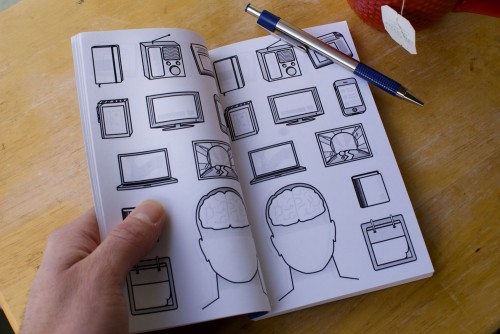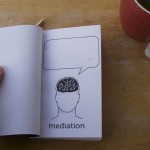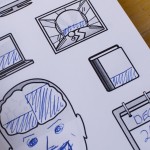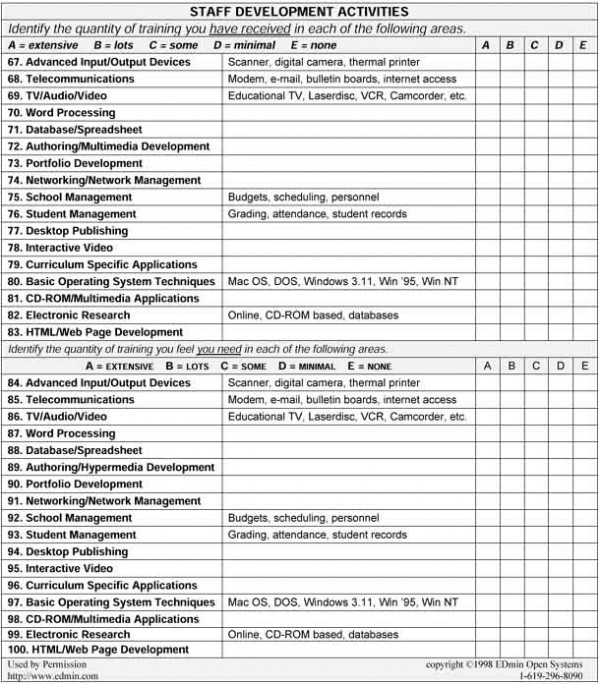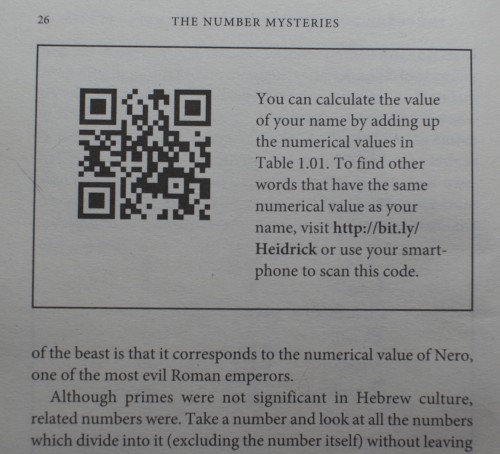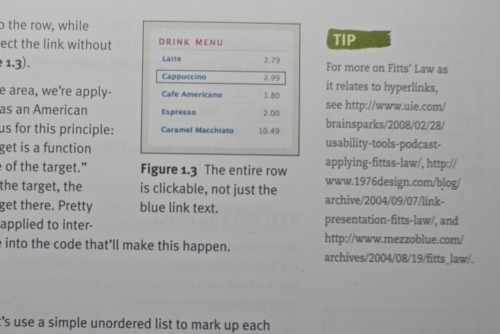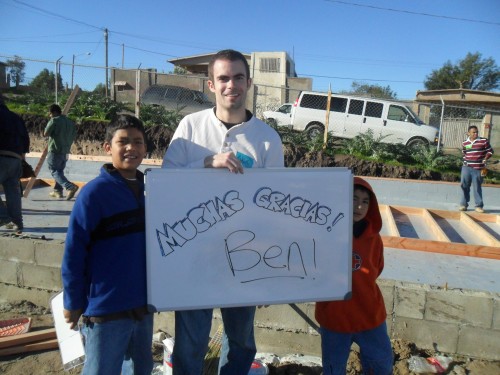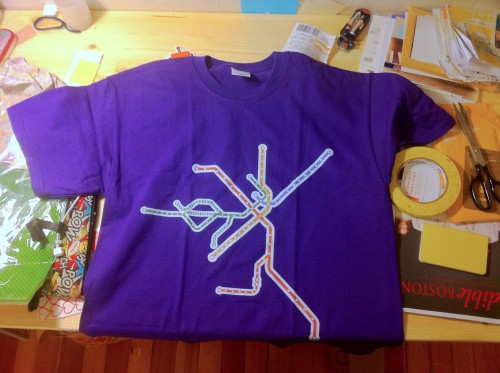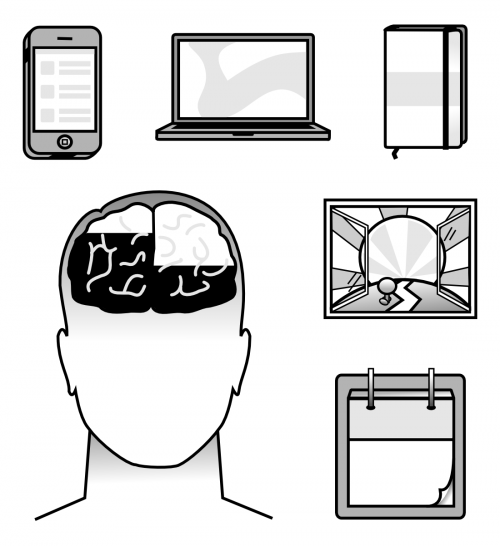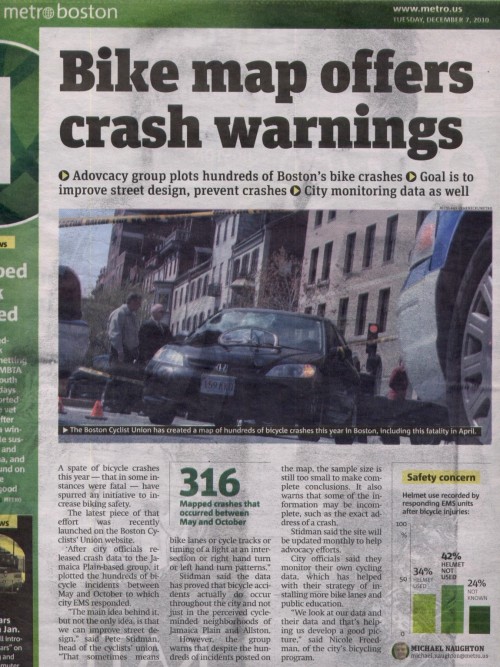Adding class to Wordpress linked images
An enduring issue with linked images ( <a href=""><img src="" /></a> ), is targeting the anchor link for theming—especially for disabling borders and highlighting that look great on text links but odd for images. CSS doesn’t have a parent selector ( a > img:parent ), and javascript feels like overkill. The simple solution is to add a class to the parent anchor (<a href="" class="img">), but that can get repetitive, especially when Wordpress is supposed to automate those sorts of things.
Adding the following code to your Wordpress theme’s functions.php file will automatically add a class to the anchor link when you insert linked images through Wordpress’s Media Library interface. It won’t fix posts you’ve already written, but should make things better moving forward.
/**
* Attach a class to linked images' parent anchors
* e.g. a img => a.img img
*/
function give_linked_images_class($html, $id, $caption, $title, $align, $url, $size, $alt = '' ) {
// Separate classes with spaces, e.g. 'img image-link'
$classes = 'img';
// check if there are already classes assigned to the anchor
if ( preg_match('/<a.*? class=".*?">/', $html) ) {
$html = preg_replace('/(<a.*? class=".*?)(".\?>)/', '$1 ' . $classes . '$2', $html);
}
else {
$html = preg_replace('/(<a.*?)>/', '$1 class="' . $classes . '" >', $html);
}
return $html;
}
add_filter('image_send_to_editor', 'give_linked_images_class', 10, 8);
The if/else could probably be done with a single regular expression, but I’m not that smart.
